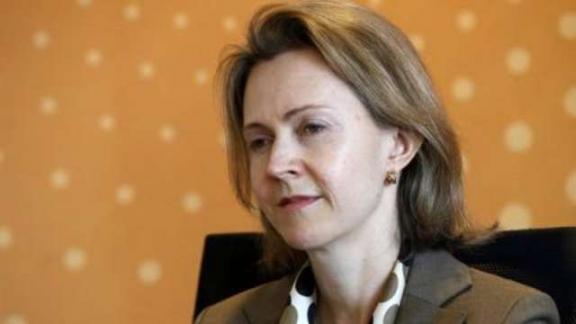In Ernst & Young’s 2013 attractiveness survey of Africa, Diana Layfield, Africa CEO of Standard Chartered, identifies commonsense factors that help the London-based multinational banking and financial services group successfully harness opportunity and manage risk in Africa.
Questions about the risks of operating in Africa are frequently posed to the group, Layfield says. Not without reason. Sub-Saharan Africa has been an important source of revenue, and profit, for Standard Chartered for more than 150 years.
The group’s operations in Africa, combined with those in Asia and the Middle East, account for more than 90 percent of its overall income and profits. Its Africa business spans 37 markets in the east, west and southern regions of the continent, including 15 countries where it operates as a full-fledged local bank and 22 where it operates on a transaction basis.
While Africa has long been part of Standard Chartered’s big picture, “the opportunity and the global focus now feels palpably different,” Layfield says.
“When I visit our clients in other parts of the world, particularly Asia, the first thing they want to talk about is Africa,” she notes.
Invariably, the question of risk comes up in those conversations. Layfield concedes that corruption, poverty and limited infrastructure make the continent a challenging place to do business, but she insists that Standard Chartered is “seeing steady progress across most markets.”
Progress means that over the last 10 years, governance and political stability have improved significantly. It also means that while levels of education, employment and skills vary substantially across the continent, increasingly deep talent pools have emerged in key markets.
Many of the challenges facing businesses in key African markets are no more significant than elsewhere in the world, Layfield says, but an important difference lies in the substantial rewards “on offer” in Africa.
“Critically, it is this risk-reward equation that makes African investment so compelling – the returns remain among the highest in the world, while risks are diminishing and can be effectively managed,” she says.
She cites the following factors as “helpful” to Standard Chartered in harnessing Africa’s opportunity and managing the risks.
Commitment. Africa rewards those who invest with a long-term agenda, both in terms of time and in conscious contribution to the economy and society.
Local understanding. Because these are markets where critical information is not published or uniformly accessible, taking the time to build local relationships and teams is key. Ninety-eight percent of Standard Chartered’s staff in Africa are African and many of its client relationships are multi-generational – both key to giving the group a differentiated risk understanding.
People. Ensuring that you hire, and more critically train, the best in the market can be transformational.
Portfolio. Although the growth trend for Africa is unequivocally positive, there will be more bumps in the road than in the case of Asian growth. Having the ability to balance risk across a number of markets can be extremely helpful.
“Investors who take the time to understand the nuances, risks and opportunities in Africa will be rewarded,” Layfield concludes.













